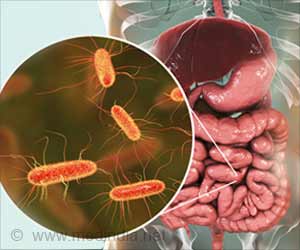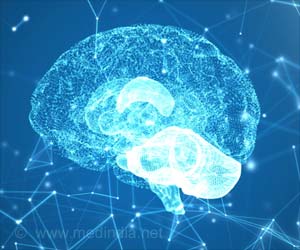- Protein-rich diets can lead to significant weight loss and changes in gut microbiota
- Different amino acids in protein diets affect gut bacterial composition and activity
- High protein intake produces both beneficial and harmful metabolites, impacting overall health
A new study has shed light on the impact of protein-rich diets on the gut flora and overall health. Despite increased protein intake in Western diets, particularly among athletes and obese people, the destination of undigested protein and its impact on human health is largely unclear. A new study presented at ASM Microbe investigates how excess undigested protein in the colon can be fermented to produce beneficial metabolites, such as short-chain fatty acids (SCFAs), or lead to the production of harmful metabolites, such as ammonia and sulfides, which have been linked to gastrointestinal disorders and other health problems (1).
Advertisement
Health Effects of Protein-Rich Diet
The researchers conducted a series of mouse studies and discovered that switching to a protein-rich diet resulted in significant weight reduction, lower body fat, and immediate alterations to the gut microbiota. The study also investigated different protein diets to see how individual amino acids influenced the composition and activity of the gut microbiome. Notably, mice fed aromatic amino-acid-rich proteins lost the most weight and fat mass when compared to normal protein and branched-chain amino-acid-rich protein diets.
“These findings provide a crucial foundation for understanding how protein diets influence the gut microbiome and open doors for further investigations into the role of diet in promoting a healthy gut and overall health,” said Samson Adejumo, Doctoral Candidate in Biology, University of Illinois Chicago.
Advertisement
Do Protein Diets Influence Gut Bacteria?
To learn more about the impact of amino acids in protein-rich meals on gut bacteria, the researchers undertook a 4-week study with 16 mice. The mice were first fed a conventional chow diet for two weeks, followed by isonitrogenous protein-rich diets enhanced with either branched-chain or aromatic amino acids for the next two weeks. Daily fecal samples and weekly body composition measures were taken to track changes in fat and fat-free mass. DNA was isolated from the feces and sequenced to determine microbial composition and dynamics over the research period.
The analysis of microbial composition across the four protein groups indicated substantial differences in microbial taxa abundance and composition after protein enrichment. Using machine learning approaches, the researchers predicted protein diets based on gut microbial taxonomy with 97% accuracy, confirming the link between diet and microbiome alterations.
Advertisement
Link Between Protein-Rich Diet and Gut Microbiome
Overall, the gut bacteria genera responded differentially to dietary modifications, ranging from ordinary carbohydrate diets to protein diets, and, more crucially, to varied amino acid types. The group that received branched-chain amino acids experienced the most significant modifications. Although it is too early to conclude that protein diets were responsible for all observed changes in body composition and gut bacteria, the consistent pattern of changes strongly suggests a link between protein diets and gut microbiome alterations.
Adejumo led the research at the Marcell lab at the University of Illinois Chicago, with funding from the UIC Hampton-Marcell lab startup fund. It was presented at ASM Microbe 2024 on June 15, 2024, in Atlanta, Georgia.
References:
- Protein-rich diets may influence gut microbiome and body composition
(https://www.eurekalert.org/news-releases/1048067)
Source-Medindia



